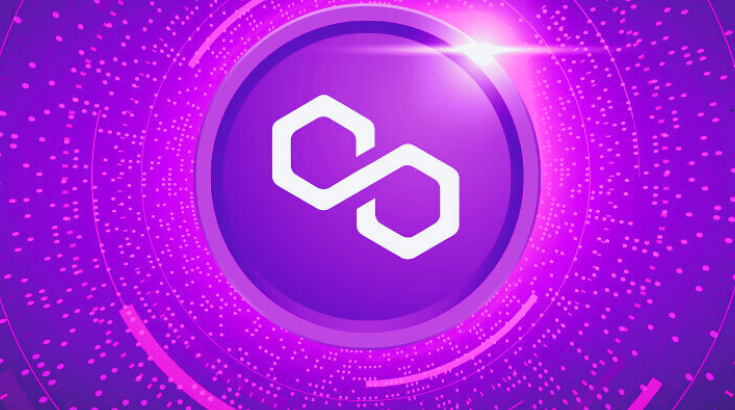Polygon 2.0: A New Vision For Blockchain Governance

Polygon, a platform renowned for its scalability and connection of Ethereum-compatible blockchain networks, has recently unveiled a significant governance system upgrade that aims to prioritize decentralization and foster increased community involvement in their operations.
Moreover, Polygon 2.0, the upcoming upgrade, will introduce a new governance structure built on three pillars, including an expanded Polygon Improvement Proposal (PIP) framework, a System Smart Contracts Governance mechanism, and a Community Treasury fund.

The PIP framework serves as an existing tool that enables users to propose and conduct research on upgrades for various Polygon protocols. These protocols include the Plasma, PoS, and ZK-rollup chains.
According to the developers, this expansion will “democratize the upgrade process and foster community participation,” allowing users to contribute their ideas, feedback, and suggestions to enhance the network’s performance, security, and usability.
The System Smart Contracts Governance mechanism introduces a novel feature that facilitates the implementation of protocol updates and software functionalities as smart contracts, including core components such as staking contracts, bridge contracts, and validator contracts.
The Community Treasury, a new and crucial feature within the Polygon ecosystem, will play a significant role in fostering growth and providing funding for diverse projects. This treasury will derive its financial resources from transaction fees collected on the network, supplemented by user donations and other contributions.
The management of the treasury will commence with an independent Community Treasury Board, which will be responsible for allocating funds to projects that align with the network’s vision and goals.
Polygon 2.0: A Step Towards Blockchain Interoperability
Polygon 2.0 is set to launch in the near future after undergoing extensive testing and auditing. Additionally, the upgrade aligns with Polygon’s vision of establishing a versatile ecosystem that enables interoperability and scalability for Ethereum-compatible blockchains.
Polygon 2.0 is currently in its early stages of development, and the developers at the company have extended an invitation to the community for feedback and suggestions on their proposal. Additionally, the proposal can be accessed and commented upon by anyone on GitHub, encouraging collaboration and contributions.
Related Reading | Regulator Revokes License Of FTX’s Australian Business
Furthermore, Polygon aims to achieve greater decentralization and innovation for its network by implementing a new governance model. Additionally, the model empowers users and encourages collaboration among participants, fostering a sense of ownership and collective decision-making as the developers stated in their proposal.
We believe that this governance structure will enable us to achieve our vision of creating an Internet of Blockchains on Ethereum.








